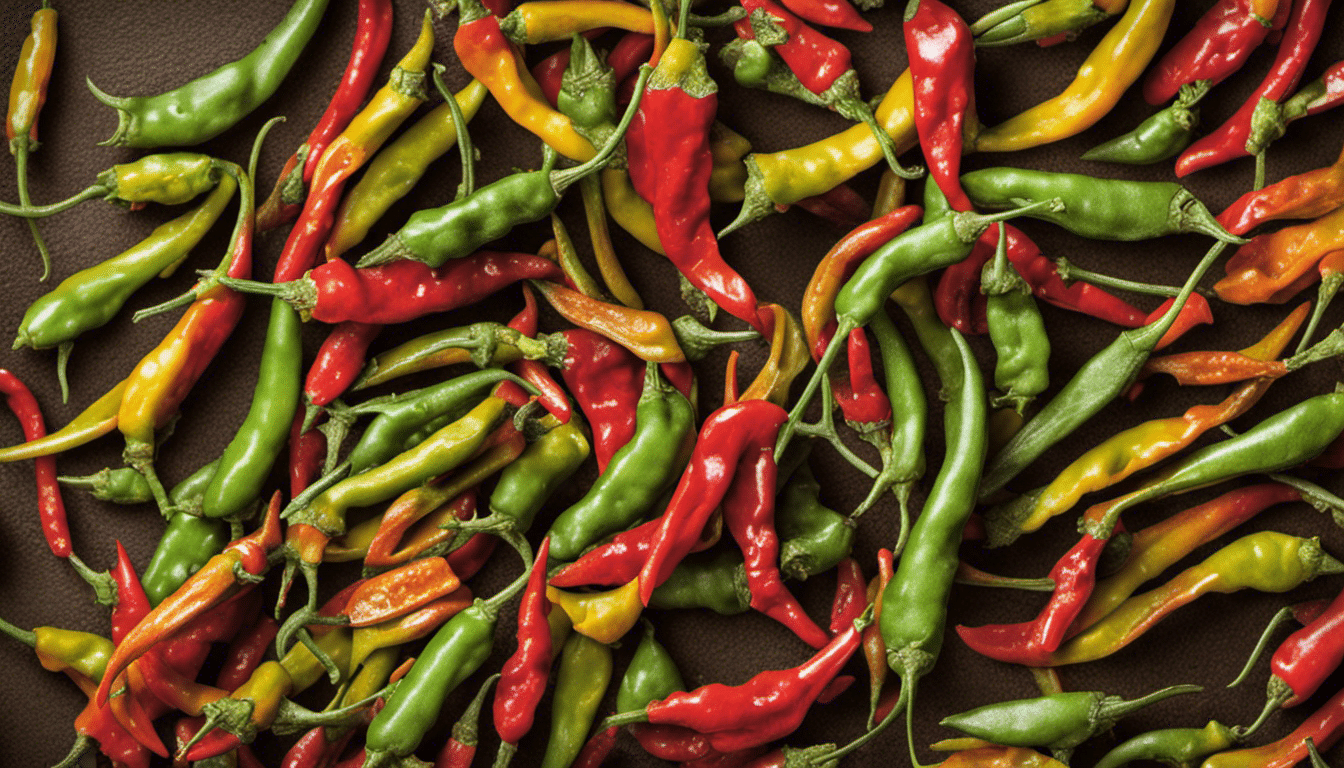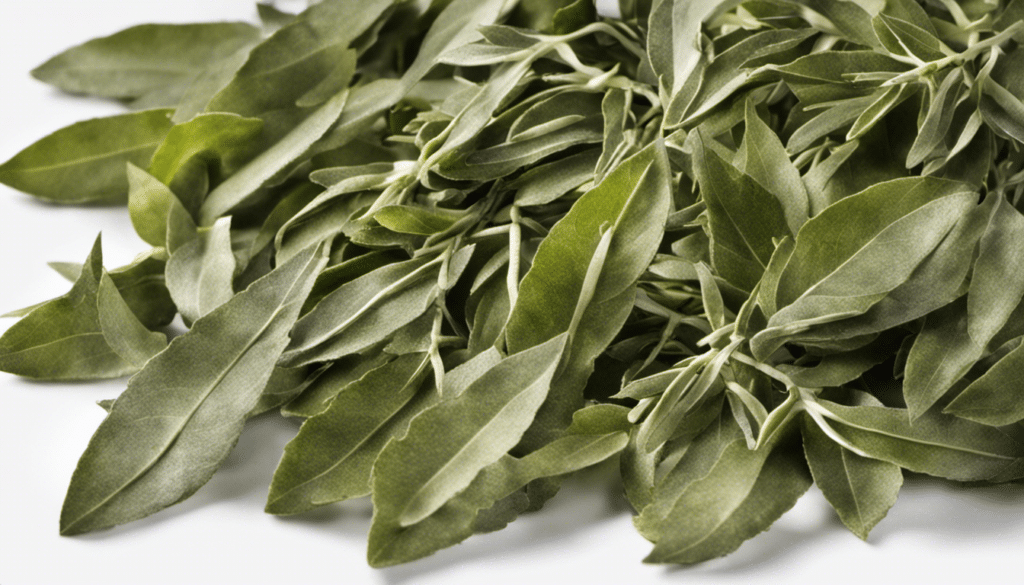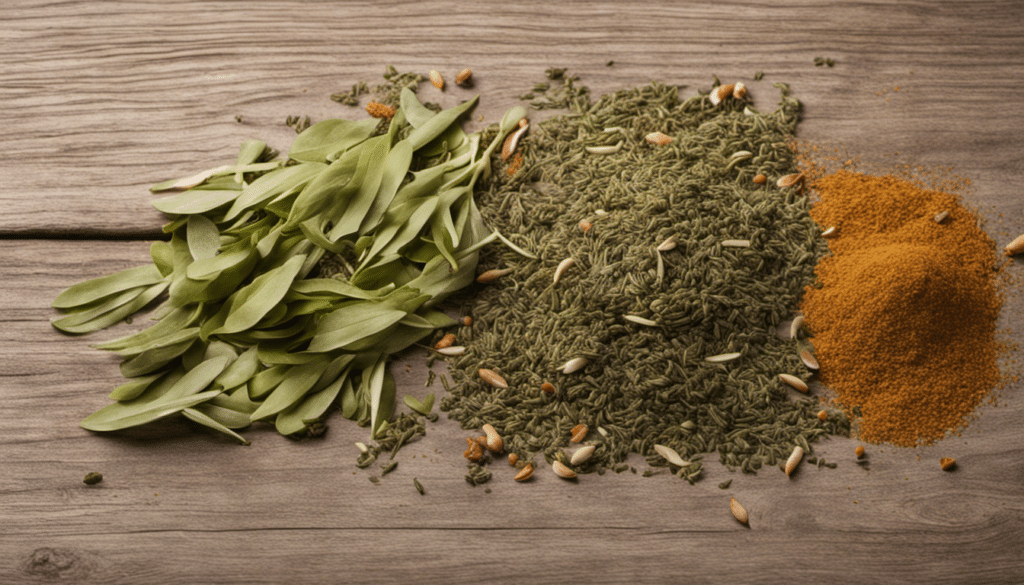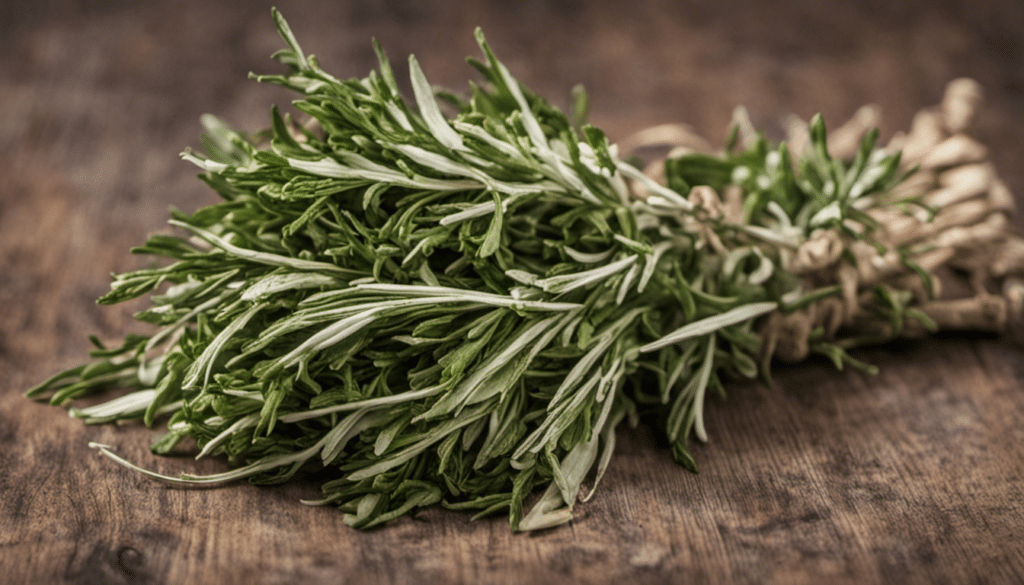Everything You Need to Know About Alligator Pepper
African cuisine has carved out its own unique space in the global culinary landscape, with its array of flavorsome and exotic herbs and spices. Today, we’re going to delve deep into the world of a particular piquant spice native to Africa, known as the Alligator Pepper.
The Journey of Alligator Pepper
Alligator Pepper, scientifically named Aframomum melegueta, is a West African spice. Its relatives include well-known spices like cardamom and ginger, and it’s prevalent in the tropical rainforest region of Africa. This extraordinary spice bestows a spicy, pungent, and slightly bitter flavor, making it an irresistible addition to various African dishes. It is also known by other names such as Grains of Paradise, Guinea Grains, and Melegueta Pepper.[1]
The Health Benefits of Alligator Pepper
Alligator Pepper isn’t just revered for its unique taste; it also boasts numerous health benefits. Phytochemical compounds found in this spice, like flavonoids, tannins, and alkaloids, provide potent antioxidant properties. Regular consumption of Alligator Pepper could potentially help in lowering blood pressure, managing diabetes, and even in treating digestive issues.[2]
Moreover, the anti-inflammatory properties of Alligator Pepper can assist in alleviating pain and inflammation, while its antimicrobial attributes help fight against bacterial and fungal infections.[3]
Just like any other spice, though, it’s important to use Alligator Pepper in moderation, as excessive consumption can lead to gastrointestinal distress.[4]
For thousands of years, the vibrant cultures of West Africa have utilized Alligator Pepper for not only its culinary properties but also its medicinal benefits. Indeed, this spice is a testament to the old adage, ‘let food be thy medicine, and medicine be thy food.’
Alligator Pepper Recipe Ideas
- African Chicken and Peanut Stew with Alligator Pepper
- Alligator Pepper and Herb Roasted Beef
- Spicy Alligator Pepper Tomato Soup
- West African Jollof Rice with Alligator Pepper
- Grilled Fish with Alligator Pepper Sauce
- Alligator Pepper Vegetable Stir-fry
- Moroccan Lamb Tagine with Alligator Pepper
- Garlic and Alligator Pepper Roast Chicken
- Spiced Alligator Pepper Couscous
- East African Pilau Rice with Alligator Pepper




